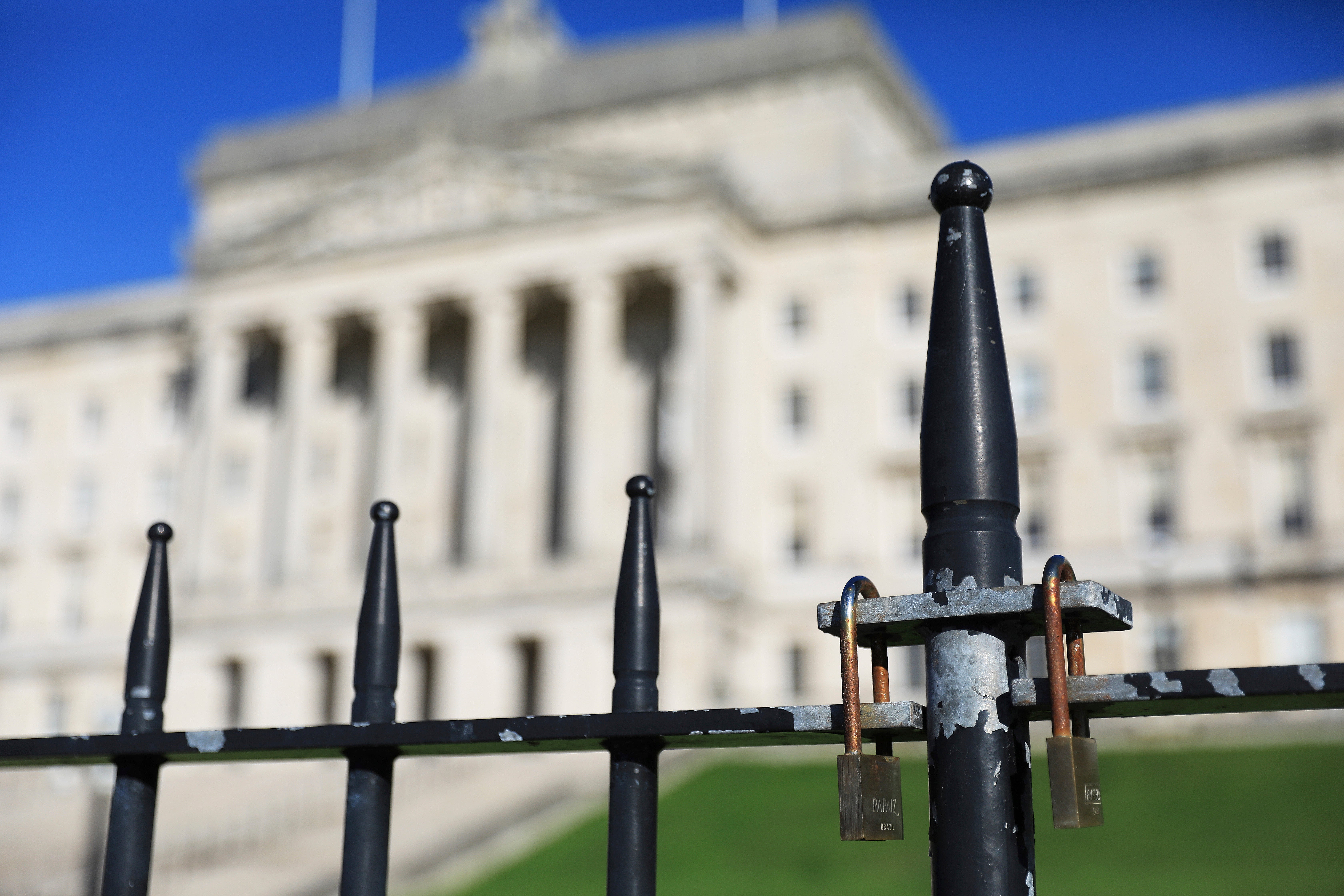How Northern Ireland might yet have a happier Christmas
Politics in Northern Ireland are on hold but perhaps not for much longer, says Sean O’Grady


It’s extremely, depressingly, easy to be extremely depressed about the future of Northern Ireland. To nobody’s great surprise, the Democratic Unionist Party has rejected last minute appeals to join the power-sharing government in the province now that six months have elapsed since the last elections there. Secretary of State Chris Heaton-Harris has little legal or practical alternative but to call a fresh set of elections.
They will achieve little in and of themselves behind demonstrating for the umpteenth time how intractable the political problems are; but they may buy a little extra time for His Majesty’s government, the Irish government and the European Commission to get as close as they can to meet DUP demands to radically alter the Northern Ireland Protocol (NIP), which forms an integral part of the Brexit agreement signed by Boris Johnson.
NIP’s fans, who once included Mr Johnson, argue it allows businesses to get the best of both worlds, being part of both the UK and EU economic zones; and it removes the need for an economic or trade border in the island of Ireland, a sensitive issue and itself an impediment to trade.
The downside of the NIP is that it erects barriers to trade between the province and Great Britain and it means a consignment of steel travelling to Belfast is treated differently to one heading for Brighton. To unionists, that feels offensive and wrong.
So the DUP used their participation in the NI Assembly and government last year to pressure the authorities in Westminster, Dublin and Brussels to radically amend it or, preferably, scrap it. They say the NIP violates the Act of Union and the principle of consent, and the spirit if not the letter of the 1998 Belfast Good Friday Agreement.
To put it crudely, the DUP is in effect holding the power sharing executive and assembly hostage until the various bodies concerned bend to their wish, with the passage and implementation of a British act of parliament abrogating an international treaty as a minimum first step.
The result has been that politics in Northern Ireland are on hold, and public services and finances are suffering, and the instability breeds further instability and exacerbates sectarian tension.
The Alliance Party, the SDLP, Sinn Fein and the Official Unionists have long been anxious to get back to work; but the DUP are adamantly refusing to join in. Unkind observers suggest they would find their local leader serving as Deputy First Minister with a Sinn Fein First Minister humiliating and are thus using the NIP as an excuse. The DUP denies this.
The problem for everyone is that the post-Brexit trade border has to be put somewhere, and none of the options is ideal. It is also the case that there is no party or part of the UK that holds veto power over the crown prerogative to conclude treaties with foreign powers. Doesn’t forget, for example, that Scotland voted to remain in the EU in 2016 - and so did Northern Ireland for that matter.
The ray of hope is that the DUP gambit actually pays off and London, Dublin and Brussels will spend the next six weeks of the Northern Ireland election campaign (polling is likely to be on December 15th) trying to find administrative solutions that make the checks across the Irish Sea as unobtrusive as they can, and allow sausages to travel without let or hindrance to stores from Ballymena to Strabane. This government seems more inclined to negotiate than Liz Truss did and Mr Sunak doesn’t want or need any more friction with the EU. If sufficient concessions are secured, and these elections concentrate minds all round, then Northern Ireland may yet have a happier Christmas.



Join our commenting forum
Join thought-provoking conversations, follow other Independent readers and see their replies
Comments